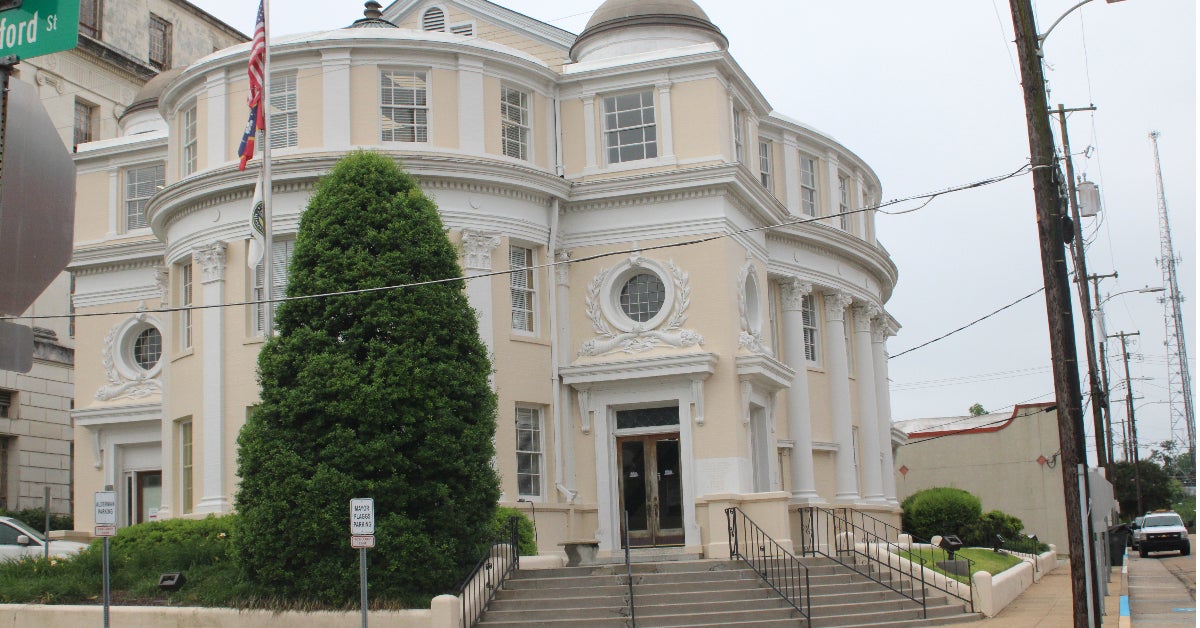50 years later, Greenwood death a mystery
Published 11:30 am Thursday, July 31, 2014
Fifty years after his disappearance and death, what happened to Vicksburg nightclub owner Jasper Greenwood remains as much of a mystery as it did in the sweltering summer of 1964.
“At 71 years old I would like some closure to my dad’s death, which I haven’t gotten,” said Rosemary G. Domino of Jacksonville, Fla., Greenwood’s only living child.
Greenwood, a former postal worker who later opened a restaurant and nightclub known as the Jasper Lounge, disappeared June 22, 1964. He was about 50 years old.
His decomposed body was found seven days later off a gravel road in a wooded area about 100 yards off East Main Street in northern Vicksburg.
The cause of death was inconclusive and no autopsy was performed.
“They told us he had to be buried right away. We never got to see him,” Domino said.
A Vicksburg police investigation turned up several suspects, including a married woman who said she was with Greenwood the morning he disappeared and that he had suffered a heart attack.
“She denied that there was any foul play involved in your father’s death,” reads a portion of a letter Domino received from the FBI in 2011 announcing that the investigation into Greenwood’s death had been closed.
Employees of Jefferson Funeral Home, who handled Greenwood’s burial, however, told the family that Greenwood suffered a gunshot wound to the head, Domino said.
“I actually believe he was killed,” Domino said. “That’s what I’ve heard for years and years and years, that it was racial.”
An FBI investigation in 1964 determined that the funeral home employee, whose name is redacted in an official report, meant that the hole had been caused by “nature.”
The same day Greenwood disappeared, three civil rights’ workers, James Earl Chaney, Andrew Goodman and Michael Schwerner were killed in Neshoba County.
“Back in those days, things were really not good,” Domino said.
Civil rights workers from the Council of Federated Organizations and the Student Non-Violent Coordinating Committee reported to the FBI that Greenwood, who was black, was last seen leaving the nightclub with two white men.
At the time of his disappearance, Greenwood lived across the street from the family of Myrlie Evers, widow of NAACP leader Medgar Evers who was assassinated the previous summer in Jackson, Domino said.
There were rumors circulating around town that Greenwood had been active in the NAACP, though he was never a member, Domino said.
“He was very outspoken,” she said of her father.
Julia Mae Carter, who now lives in Detroit was a teenager when Greenwood disappeared, and she and her family participated in a citywide search for him.
“We knew that he would always be coming from that way. My house at the time was on the hill at Jackson Road and he would always blow the horn at us,” Carter said.
Jackson Road is now Martin Luther King Jr. Boulevard.
She and her brother were part of the party that discovered Greenwood and his black 1959 Dodge.
“Most of them have gone on now,” she said of people who knew Greenwood and helped search for him. “It’s just people in their 60s.”
Even VPD at first thought Greenwood had been killed.
“We assume he met with foul play,” Vicksburg Police Chief Murray Sills told the Vicksburg Evening Post in 1964.
Robbery was all but out of the question as a motive for Greenwood’s death. A moneybag containing $60.57 was found in his car. His wallet was empty, but for his social security card and drivers’ license.





